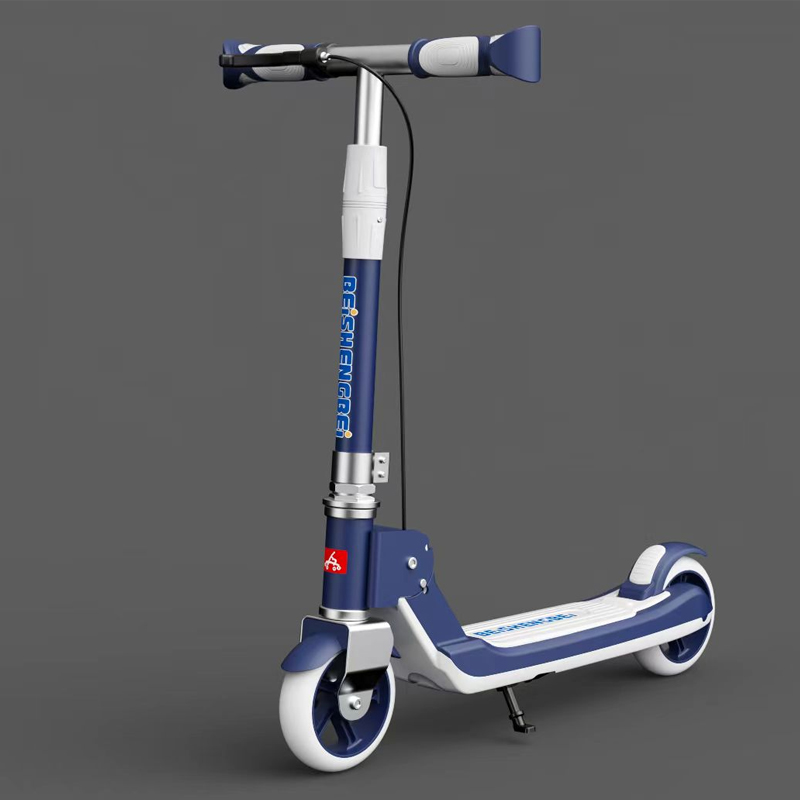The Rise of Scooters A Modern Mobility Solution
In recent years, the urban landscape has transformed dramatically, and one of the most noticeable changes is the increasing popularity of scooters. From electric scooters to traditional kick scooters, these two-wheeled vehicles have become a staple mode of transportation for people around the world. This article explores the rise of scooters, their benefits, and their impact on urban mobility and lifestyle.
A Brief History
Scooters have a long history, dating back to the early 19th century when they were originally made from wood and operated manually. However, it wasn't until the 20th century that scooters began to gain popularity as a fun and practical means of transportation for children and adults alike. The introduction of electric scooters in the early 2000s marked a significant turning point, offering a convenient and eco-friendly alternative to cars and public transport in congested urban areas.
Environmental Benefits
One of the most compelling reasons for the rise of scooters is their environmental impact. Urban areas are often plagued by pollution problems from cars and other fossil fuel-powered vehicles. Scooters, especially electric ones, offer a sustainable way to navigate the city without contributing to harmful emissions. According to various studies, electric scooters produce significantly lower carbon emissions compared to traditional vehicles, making them an attractive option for environmentally conscious commuters.
Convenience and Efficiency
Scooters are not only eco-friendly but also incredibly convenient. They are designed for short trips, making them an ideal solution for last-mile connectivity. In many cities, the combination of public transportation and scooters allows commuters to reach their destinations quickly without the need for parking or the hassle of traffic jams. Rental schemes, often facilitated by apps, have made it easier than ever for individuals to access scooters on-demand, promoting a culture of shared mobility.
Moreover, scooters are lightweight and portable. Many models can be easily folded and carried, allowing users to take them indoors or onto public transport. This flexibility is invaluable in busy urban environments, where space is often at a premium.
Economic Impact
sckoter

The scooter phenomenon has not only changed how people move but also influenced local economies. In cities where scooters are widely available, new business models have emerged, including scooter-sharing services. These companies provide a fleet of electric scooters for rent, creating job opportunities in maintenance, operations, and customer service sectors.
Furthermore, the lower cost of purchasing or renting scooters compared to owning a car makes them accessible to a broader demographic. This democratization of urban transportation allows more people to take advantage of the mobility opportunities scooters provide, thereby stimulating local economies.
Safety and Regulations
Despite their benefits, the rise of scooters has also raised concerns regarding safety and regulation. In many cities, the sudden influx of scooters has led to clashes with pedestrians and cyclists, prompting local governments to implement safety measures and regulations. This includes designated scooter lanes, speed limits, and rules regarding where scooters can be parked.
Education is also critical in promoting safe scooter use. Many cities have developed campaigns aimed at informing riders of the rules of the road and encouraging responsible riding habits. Only through a combination of regulation, education, and community engagement can cities fully harness the advantages of scooters while minimizing risks.
The Future of Scooters
Looking ahead, the future of scooters appears bright. As technology advances, we can anticipate improvements in battery life, speed, and safety measures. The integration of smart technology, such as GPS tracking and app-based controls, can further enhance the scooter experience for users.
Additionally, as urban areas continue to develop, the need for diverse modes of transport will grow. Scooters can play a vital role in creating multi-modal transport solutions, easing congestion, and reducing reliance on personal vehicles. In a time when climate change looms large, promoting sustainable transportation options like scooters is a step in the right direction toward creating greener, more liveable cities.
In conclusion, the rise of scooters signifies a shift in how we think about urban mobility. Their convenience, environmental benefits, and adaptability align perfectly with the needs of modern city dwellers. By embracing scooters as a viable solution for transportation, we can forge a path toward smarter, more sustainable urban living.
-

 Scoot&RideKids Child Kick Push Scooter 3 Wheels with LED Flashing Tilt Lean Boys Girls Scooter
Scoot&RideKids Child Kick Push Scooter 3 Wheels with LED Flashing Tilt Lean Boys Girls Scooter




- 4
$33.17 -

 Scoot&RideKids Scooter Child Kick Flashing LED Light Up 3 Wheel Push Adjustable Folding 3
Scoot&RideKids Scooter Child Kick Flashing LED Light Up 3 Wheel Push Adjustable Folding 3- 0
$25.52 -

 Scoot&RideKids Scooter Child Kick Flashing LED Light Up 3 Wheel Push Adjustable Folding 2
Scoot&RideKids Scooter Child Kick Flashing LED Light Up 3 Wheel Push Adjustable Folding 2- 0
$33.17 -

 Scoot&RideKids Scooter Teens Foldable Kick Push Scooter Adjustable Height Safe 2 Wheels
Scoot&RideKids Scooter Teens Foldable Kick Push Scooter Adjustable Height Safe 2 Wheels




- 4
$49.99
Meet our partners and discover what powers their creativity!
When you register for a Lohas scooter, you will receive a 10% discount on your first order and can be notified of sales, new product launches and other offers in advance.









